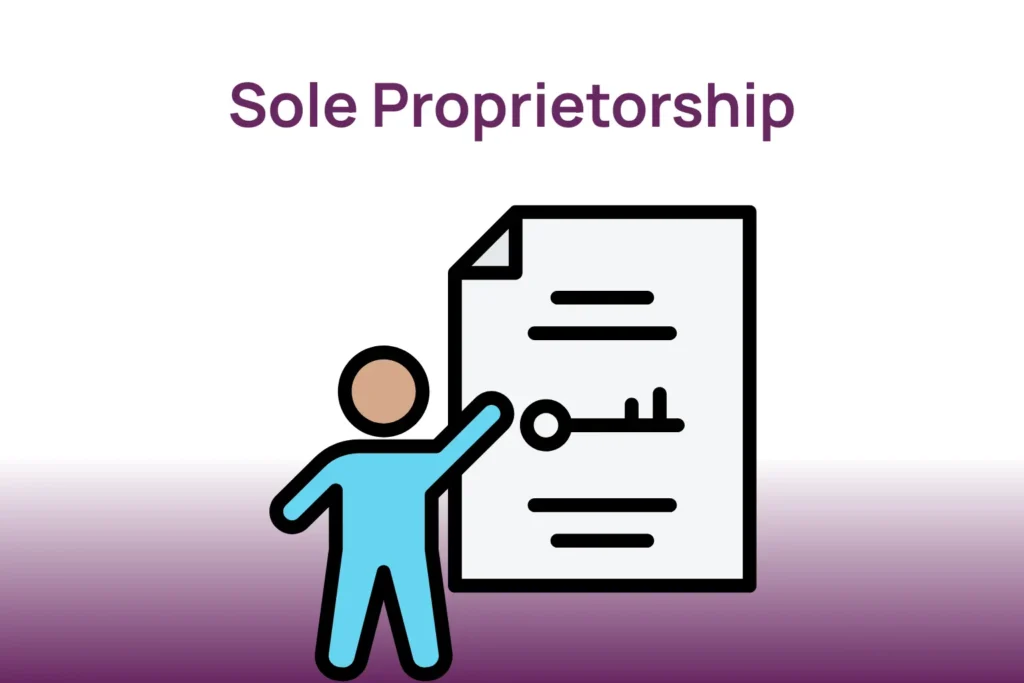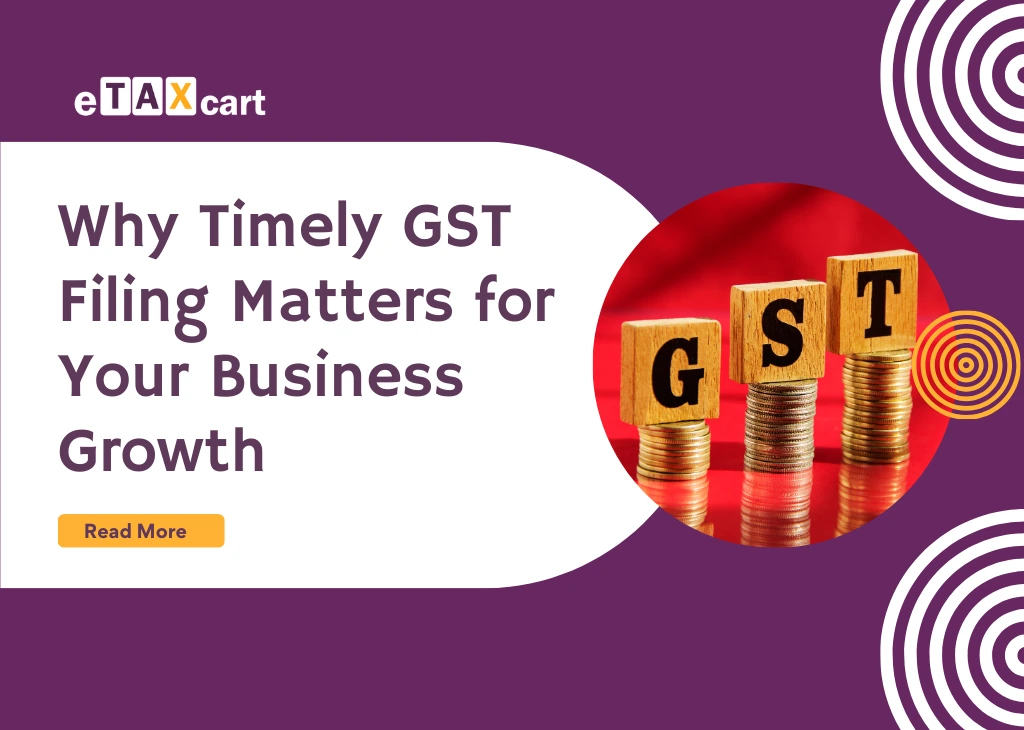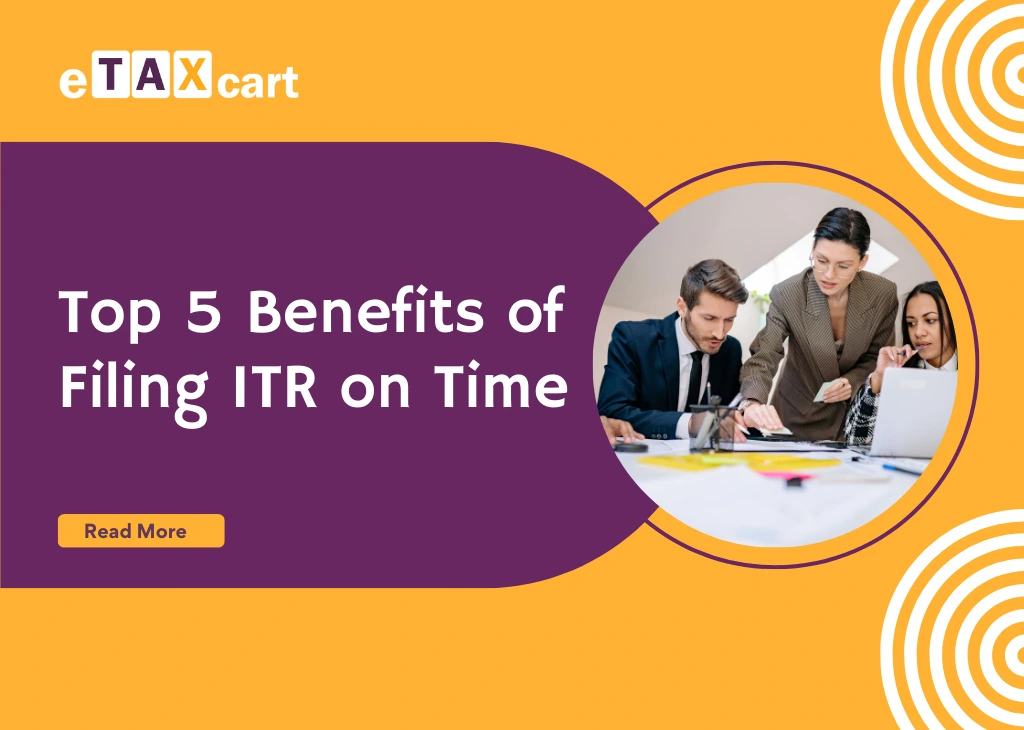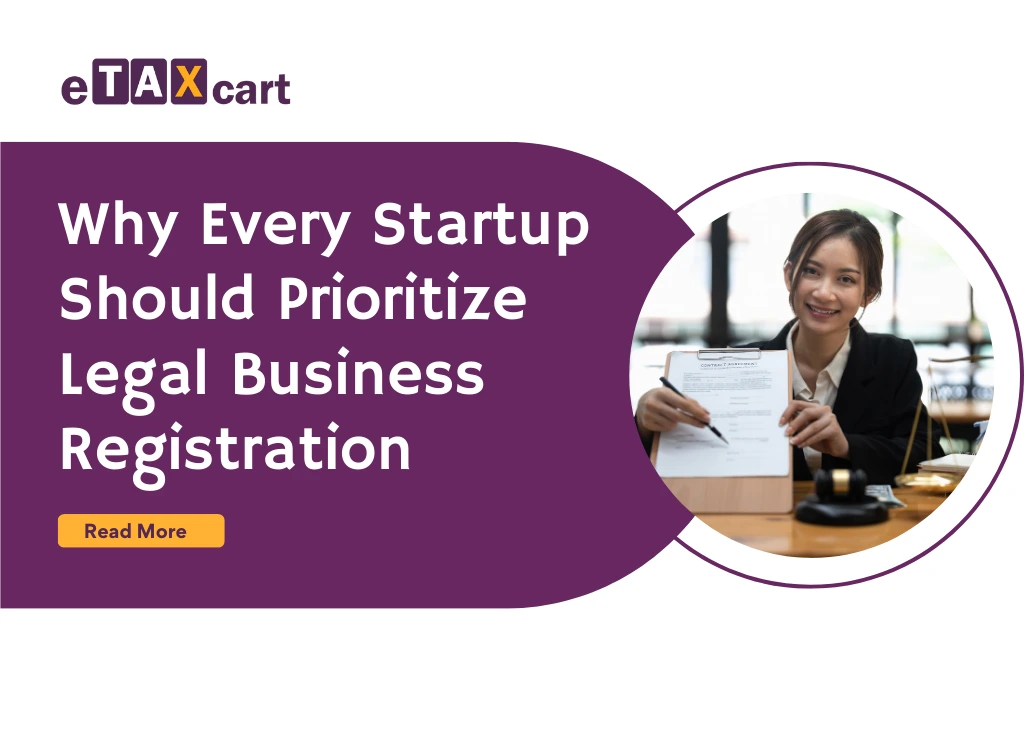
What is Sole Proprietorship?
A sole proprietorship is one of the most straightforward and cost-effective business structures in India, ideal for individual entrepreneurs and small businesses looking for flexibility and simplicity in operations. It allows the business owner to run the firm independently with complete control over all decisions, providing the freedom to manage day-to-day operations and hire employees as needed.
In a sole proprietorship, there is no legal distinction between the business and its owner. This means that the owner is personally liable for all the business’s debts, profits, and losses. While this structure offers simplicity and full autonomy, it also exposes the owner’s personal assets to risks associated with business liabilities. Therefore, it is best suited for small-scale businesses where the financial risks are manageable.
To legally establish a sole proprietorship in India, certain tax registrations are necessary, such as the GST registration, especially for businesses exceeding the prescribed turnover threshold. This registration ensures that the business is recognized under Indian tax laws and complies with both state and central tax regulations. Additionally, depending on the nature and location of the business, obtaining licenses like the Shop and Establishment Act license may be required.
One of the key advantages of operating as a sole proprietor is the ability to use a trade name or business name that differs from your personal legal name. Moreover, proprietors in India can benefit from Udyam Registration under the MSME scheme, which unlocks access to government schemes offering loans, subsidies, and potential tax incentives, providing valuable support for business growth.
With its low setup costs, minimal compliance burden, and complete control over operations, a sole proprietorship is the preferred choice for local businesses, including retail shops, salons, small traders, and service providers. However, due to the absence of limited liability protection, it’s essential for business owners to carefully manage risks to avoid any personal financial consequences.
At eTaxCart, we offer expert guidance and support to streamline the sole proprietorship registration process. Our services ensure that your business is fully compliant with the latest regulations, allowing you to focus on growing your venture with confidence. Whether you’re starting a small retail store or offering specialized services, we make the registration process quick and hassle-free. Let us help you unlock the potential of your sole proprietorship firm today.

Advantages of Sole Proprietorship
At eTaxCart, our mission is to make tax and compliance stress-free — so you can focus on growing your career, your business, or your next big idea.

Easy to Establish
Setting up a sole proprietorship is simple and inexpensive, requiring minimal paperwork compared to other business structures like private limited companies.

Low Cost of Operation
Operating a sole proprietorship involves lower costs, as there are no legal fees for registering a company or the need for multiple shareholders or directors.

Direct Taxation
The income of the business is directly taxed as personal income, simplifying tax filing processes and reducing corporate tax obligations.

Full Profits to Owner
The business profits belong entirely to the owner, meaning they retain 100% of the revenue generated without the need to share with other stakeholders.

Privacy
Sole proprietorships are not required to disclose financial information publicly, unlike limited companies, offering privacy in business operations.

Minimal Compliance
Compared to other business structures, sole proprietorships have fewer compliance requirements, making it easier to maintain the business.

No Profit Sharing
As the only owner, the proprietor does not need to share the profits with any partners or shareholders, keeping all earnings for themselves.

Simplicity in Dissolution
Closing a sole proprietorship is straightforward compared to other business entities, as it does not require extensive legal processes.
Disadvantages of Sole Proprietorship

Unlimited Liability
The biggest disadvantage is that the owner is personally liable for all the debts and obligations of the business. Personal assets can be at risk if the business incurs debt or faces legal issues.

Limited Resources for Expansion
Sole proprietors often face challenges in raising capital. They cannot issue shares, and financing options are limited, which can restrict business growth.

Difficult to Attract Investors
Investors are generally more hesitant to invest in sole proprietorships due to the lack of a formal structure and the owner's unlimited liability, limiting opportunities for external funding.

Limited Branding and Credibility
Sole proprietorships may struggle to establish a strong brand presence compared to larger companies, which can affect their ability to attract larger clients or customers.

No Legal Protection
Without the legal separation of personal and business assets, the owner’s personal property may be used to settle business debts, making it a riskier proposition.
Key Features of a Sole Proprietorship
At eTaxCart, our mission is to make tax and compliance stress-free — so you can focus on growing your career, your business, or your next big idea.
-
Personalized Business Identity
A sole proprietorship allows the owner to operate under a unique trade name or business name, different from their legal name, giving the business its own identity in the marketplace.
-
Ownership Simplicity
The sole proprietor is the exclusive owner, which means they hold all rights to the business and its assets, with no need for partnership agreements or shareholder involvement.
-
Ease of Control Over Finances
The financial aspects of the business are simplified, as there is no division between the owner’s personal and business finances. This makes managing cash flow and taxes more straightforward.
-
Quick Adaptability
Without the need to consult with other business partners or directors, the owner can swiftly adapt to market trends, implement new ideas, or pivot the business model as required.
-
No Statutory Requirements for Meetings
There is no legal obligation to hold annual general meetings (AGMs) or regular board meetings, unlike other business structures. This saves time and resources.
-
Streamlined Business Decision-Making
Sole proprietorships are free from the need to consult with partners or shareholders for major decisions, allowing for quicker decision-making, especially in urgent situations.
-
Seamless Succession Planning
Although the business is tied to the owner’s personal presence, the business can be easily handed over to a new owner through the sale of assets or liquidation, making it simpler to transition if desired.
-
Low Formal Documentation
Sole proprietors are not required to maintain complex formal documents or legal filings beyond tax-related paperwork, making record-keeping straightforward.
-
Minimal Financial Regulation
Unlike other business structures, sole proprietorships are not subject to extensive financial audits or government scrutiny, which can reduce operational burdens.
-
Local Market Focus
Sole proprietorships often cater to local markets, enabling the owner to build strong community ties and respond directly to the needs of the customers in the area.
Our Pricing Plans
Choose the plan that best fits for you. We have three major plans to offer.
Elite
- PAN Card
- MSME Certificate
- GST Application filing
- One year GST filing (for turnover up to 30 lakhs)
- One GST annual filing (for turnover up to 30 lakhs)
- Accounting and bookkeeping services (up to 75 transactions)
Govt. Fees
PAN and courier charges: 250
Why eTaxCart?
At eTaxCart, our mission is to make tax and compliance stress-free — so you can focus on growing your career, your business, or your next big idea.

Experienced Team of Professionals
CA, CS & Legal experts with decades of real-world experience.

Digitally-Enabled Processes
Fully online, streamlined service delivery across all financial needs.

Startup-Centric Approach
End-to-end support for new businesses, from incorporation to compliance.

Trusted and Transparent
Accurate work, clear pricing, and no hidden charges.

Data Security Guaranteed
We follow strict confidentiality protocols and use advanced data protection.

Timely Service Delivery
We value your time and ensure deadlines are always met.
Frequently Asked Questions
Here are the answers of the questions we received frequently.
Unlike partnerships or companies, a Sole Proprietorship has only one owner, and there are fewer legal requirements. In a Sole Proprietorship, the owner is personally responsible for the business’s debts, while other structures like companies offer limited liability.
The taxes for a Sole Proprietorship are filed under your personal name. The profits you make from your business are added to your personal income, and you pay income tax based on the total amount. It’s simpler compared to other business structures like companies, where taxes are filed separately.
Raising funds can be challenging for a Sole Proprietorship, as you cannot issue shares like a company. Most funding comes from your own savings, loans, or personal investments. You can also try applying for a small business loan or grant.
Yes, you can convert your Sole Proprietorship into a Limited Liability Partnership (LLP) or a Private Limited Company once your business grows. This conversion provides limited liability protection and access to more funding options, but it involves additional legal and tax procedures.
No, a Sole Proprietorship is not a separate legal entity. It is simply an extension of the owner. Any legal issues or liabilities will directly affect the owner, unlike companies or LLPs, which are distinct legal entities.
While it is possible to run different types of businesses under the same Sole Proprietorship, it is generally not advisable. If the businesses are unrelated, it’s better to have separate business names and registrations for each to keep things clear for tax and legal purposes.
Yes, you must keep accurate records of your business transactions, expenses, and income. This is essential for filing taxes, especially if your business is registered under GST or other regulations. Maintaining records helps ensure your business is compliant and can help you manage finances better.
Yes, a Sole Proprietorship can have its own brand name or logo. However, registering the name or trademark gives you legal protection and prevents others from using it. It’s a good idea to trademark your business name if you want to build a long-term brand.
If you’re just starting a small business with low risk and want complete control, a Sole Proprietorship is easier and cheaper to set up. However, if you plan on expanding quickly, seeking investment, or want limited liability protection, a Private Limited Company might be a better option.
eTaxCart can help you with everything you need to set up your Sole Proprietorship, from registering the business to handling all the paperwork. Our experts ensure that your registration is quick, easy, and compliant with all legal requirements, so you can start your business without delays.




